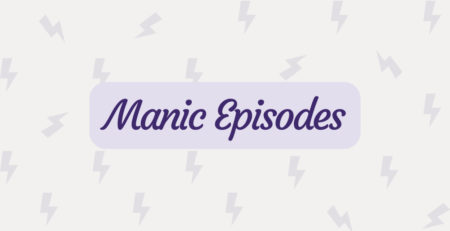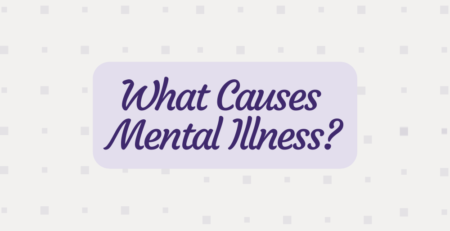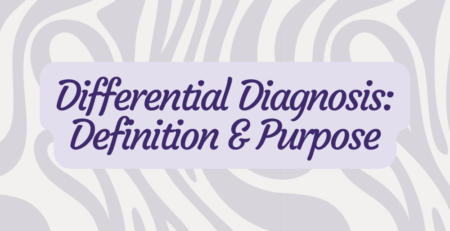Types of Bipolar Disorder
Bipolar disorder is a complex mental health condition that causes people’s moods to fluctuate between euphoric highs and depressive lows. These shifts can affect your energy level, daily ability to function, and quality of life.
Understanding the Types of Bipolar Disorder
Bipolar disorder manifests in several forms, each with distinct symptom patterns.
- Bipolar I: Characteristics of bipolar I include manic episodes lasting at least a week or effects that are severe enough to require immediate medical attention. Usually, depressive episodes occur as well, typically lasting at least two weeks.
- Bipolar II: Defined by a pattern of depressive episodes and hypomanic episodes, but not the full-blown mania episodes that define bipolar I.
- Cyclothymia: A milder form of bipolar disorder, involving hypomanic and depressive periods lasting at least a year; however, the symptoms do not meet the diagnostic requirements for hypomanic and depressive episodes.
How Bipolar Disorder Can Impact Your Life
If you have bipolar disorder, your symptoms may vary significantly depending on the mood phase you are in. This disorder’s erratic mood swings can radically disrupt various aspects of your life, including relationships and responsibilities.
- Mania/hypomania: These can include an abnormally upbeat, jumpy or wired feeling, increased activity, energy or agitation, euphoria, irritability, decreased need for sleep, unusual talkativeness, racing thoughts, distractibility, and poor decision-making such as going on buying sprees, starting arguments, or taking foolish risks.
- Depressive symptoms: Feelings of sadness, emptiness, or hopelessness, low energy, decreased activity levels, sleeping too much or too little, anxiety, slowed behavior, loss of interest in almost all activities, feelings of worthlessness or guilt, indecisiveness, and thoughts of death or suicide.
Treatment and Support at Serene Behavioral Health
While bipolar disorder is a lifelong condition, it is also treatable. At Serene Behavioral Health, we offer various options to customize care plans for each client.
- Medication management: Typically, treatment includes medications such as mood stabilizers, antipsychotics, and antidepressants to manage mood swings.
- Psychotherapy: Cognitive behavioral therapy, family-focused therapy, and psychoeducation are crucial for helping you understand your condition and learn coping strategies.
- Lifestyle modifications and support groups: Leading a healthy lifestyle, including regular exercise, sticking to a stable sleep schedule, and participating in support groups, can manage your symptoms and improve your quality of life.
Here for You 24/7/365
Living with bipolar disorder can be challenging, but you can overcome your mental health challenges and lead a more fulfilling life with professional help. At Serene Behavioral Health, we provide our clients with the tools and resources they need to cope with challenges and improve their well-being. Connect with us today to request more information about our California treatment center.
















